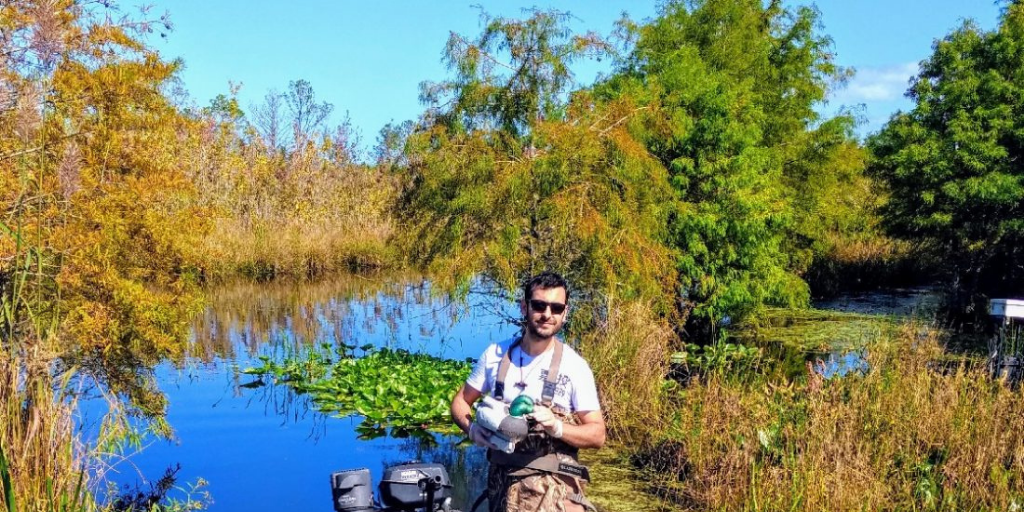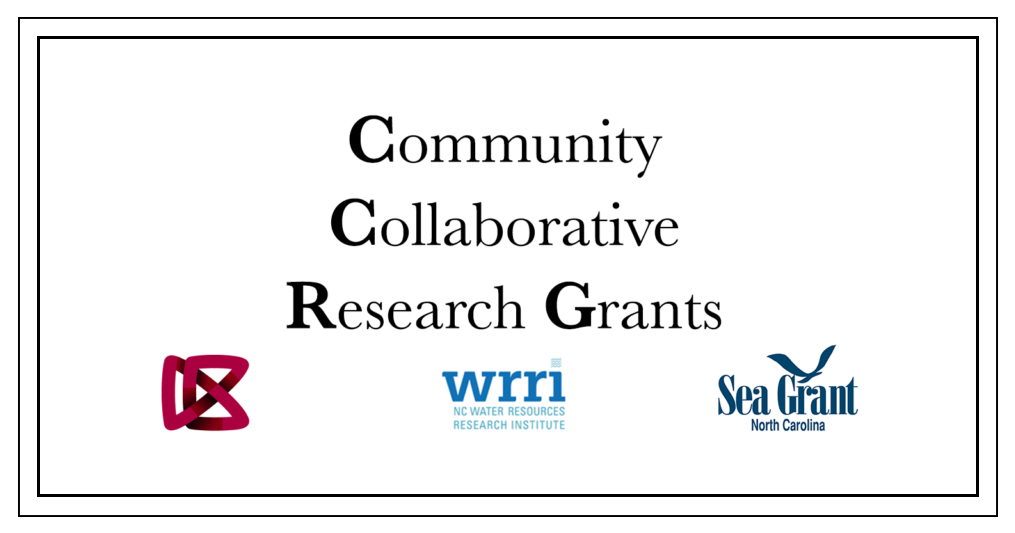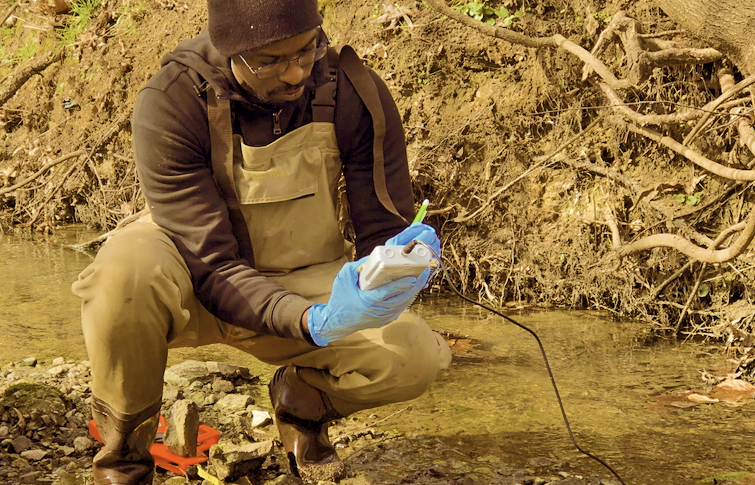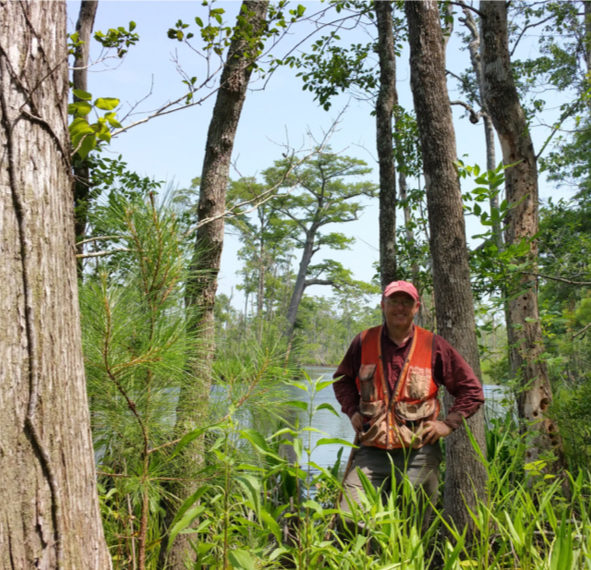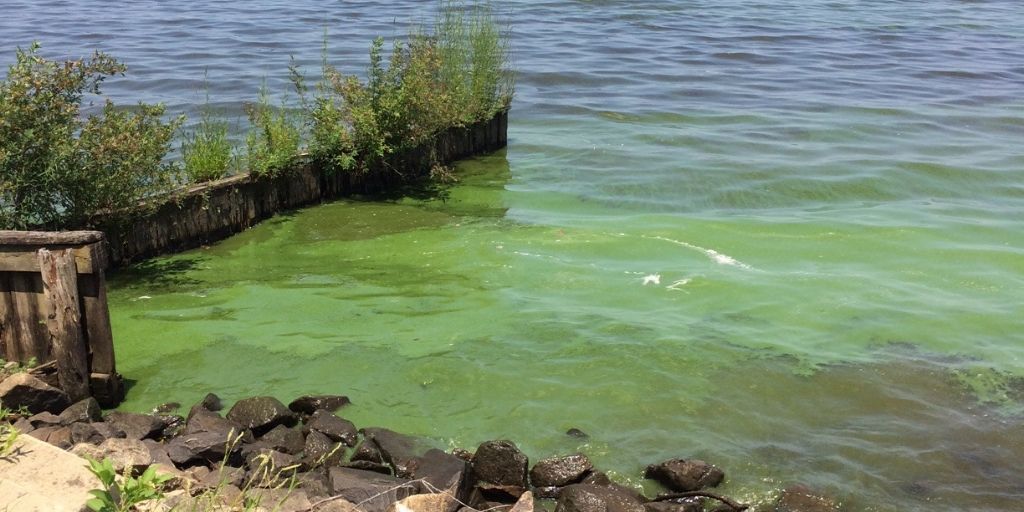- About
- Annual Conference
- Funding Opportunities
- Research Projects
- Education
- Partnerships
- Partnerships
- Overview
- Urban Water Consortium
- Stormwater Consortium
- North Carolina Aquatic Data Hub
- Black Creek Watershed Association
- Walnut Creek Wetland Community Partnership
- Wake County Green Schools Partnership
- Watershed Stewardship Network
- Watershed Stewardship Network
- Home
- About the Network
- Get Involved
- Support Your Work
- Donate to NCWSN
- Events
- News
- Contact
- Give Now



